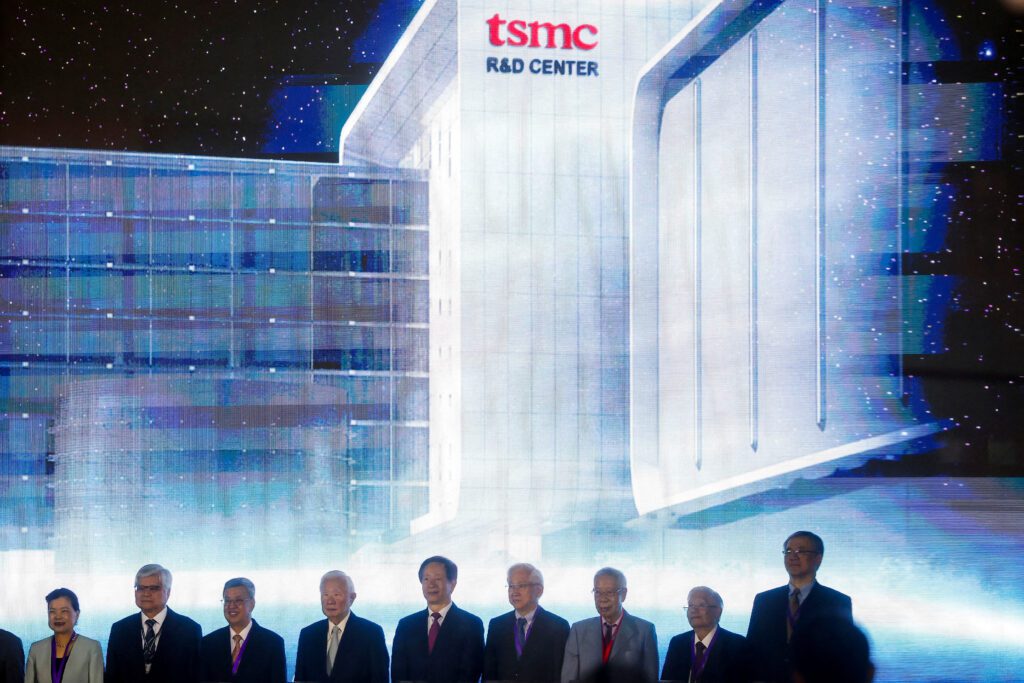- Web Desk
- Feb 16, 2026
Taiwan chipmaker TSMC approves $3.8b Germany factory plan
-

- Hum News
- Aug 08, 2023

TAIPEI, (Reuters): Taiwan Semiconductor Manufacturing Co said on Tuesday that its board had approved a $3.8 billion investment for the construction of its first European factory, in Germany.
The world’s largest contract chipmaker, TSMC has been in talks with the German state of Saxony since 2021 about building a fabrication plant, or “fab,” in Dresden.
The plant, which will be TSMC’s third outside of traditional manufacturing bases Taiwan and China, is central to Berlin’s ambition to foster the domestic semiconductor industry its car industry will need to remain globally competitive.
The company, in a brief statement after a board meeting, said it had approved the investment into a subsidiary, European Semiconductor Manufacturing Company (ESMC) GmbH, of which it will own 70 per cent, to provide foundry services.
Read more: UK and German leaders discuss ‘concerning situation’ in Niger
Auto parts maker Bosch and semiconductor maker Infineon, both German, and the Netherlands’ NXP, will each own 10 per cent of the plant, which will have a capacity of 40,000 300-millimetre wafers per month. It is due to open in 2027.
The European Union has approved the EU Chips Act, a 43 billion euro subsidy plan to double its chipmaking capacity by 2030, in a bid to catch up with Asia and the United States.
TSMC is one of several chipmakers, including Intel and Wolfspeed, seeking to draw on government funding to build factories in Europe.
Brussels and EU member states are pushing for home-grown production by offering billions in state subsidies to cut dependency on Asian suppliers and ease a global chip shortage which created havoc for carmakers.
The bloc seeks to double its global market share to 20 per cent in 2030.
TSMC is also investing $40 billion in a new plant in the western U.S. state of Arizona, supporting Washington’s plans for more chipmaking at home, and also operates a plant as a joint venture with Sony in Japan.
TSMC said in its statement after the board meeting that it had also approved a capital injection of not more than $4.5 billion for the Arizona plant as part of the overall $40 billion investment.




